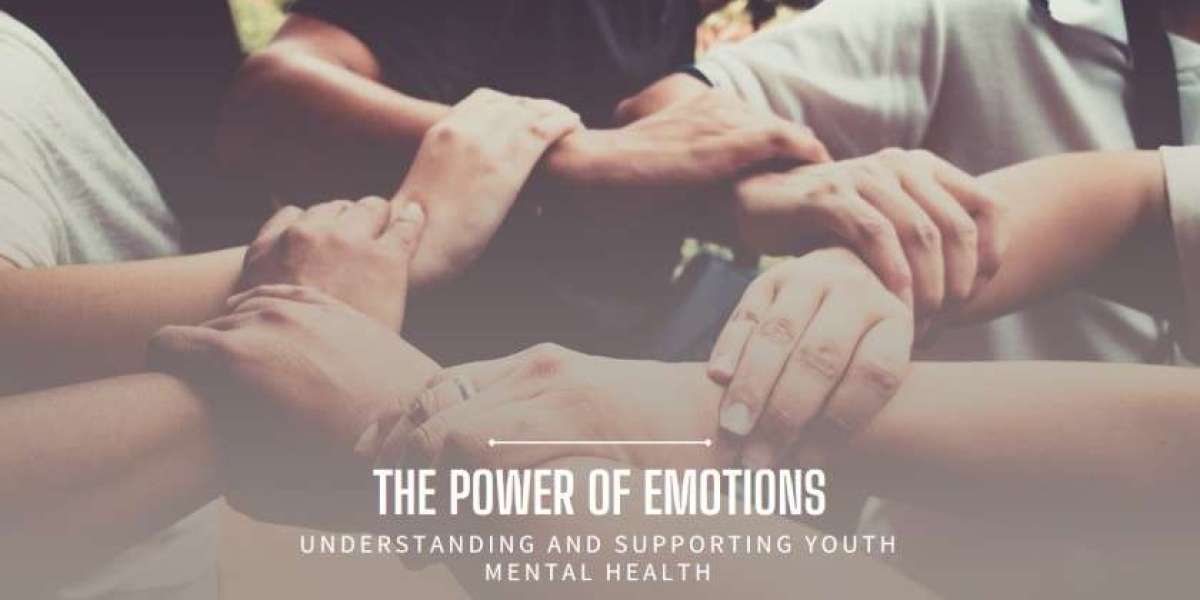It is more important than ever for our children's mental health in modern society. Emotions have a significant impact on how children's mental health is shaped despite the difficulties of growing up in a society that is becoming more complex.
In this article, we explore how important it is to view and assist with youth mental health from an emotional perspective.
Understanding Youth Emotions
A young person's emotional surroundings is complex and ever-changing. Young people go through a wide spectrum of emotions, from happy and exciting times to sad and anxious times.
These emotional experiences are influenced by a multitude of elements, including biological changes, social interactions, and environmental stressors. It is critical to acknowledge that unresolved emotions can have a substantial negative influence on young people's mental health.
The Power of Emotional Intelligence
One of the most important abilities for overcoming obstacles in life is emotional intelligence, or the capacity to recognize and control one's emotions. Developing emotional intelligence in young people gives them the ability to identify and constructively express their feelings.
Their emotional well-being can be significantly impacted by straightforward techniques like stress management, self-awareness exercises, and empathy.
Common Mental Health Challenges in Youth
Stress, anxiety, and depression are common mental health problems among young people today. Anxiety, depression, and trouble getting by on a daily basis are just a few of the symptoms that are typically a sign of these emotional problems.
Supporting youth mental health requires identifying these warning indicators and resolving underlying emotional issues.
Supporting Youth Mental Health Through Emotional Wellness
It is essential to establish a nurturing atmosphere where young people feel free to express their feelings. Emotional resilience can be developed by promoting open communication, acknowledging their emotions, and giving them access to constructive coping techniques.
Furthermore, it is imperative to lessen the stigma associated with mental health issues and facilitate youth access to support services in order to guarantee that they receive the help they require.
Resources and Support Systems
There are several tools available to support youth mental health, from community support groups to counseling programs. Communities, parents, and educators all play critical responsibilities in improving young people's emotional health.
We can all work together to create a more positive atmosphere for young people to flourish by actively interacting with them, providing assistance, and standing up for their mental health needs.
Case Studies and Personal Stories
The transformational potential of recognizing and managing emotions in youth mental health is demonstrated by real-life instances.
Narratives of fortitude and recuperation highlight the significance of prompt intervention and continuous assistance. We can encourage empathy and promote hope in our communities by sharing these experiences.
Conclusion
It is not only necessary, but also our collective duty to understand and encourage young people's mental health through an emotional perspective. We can enable young people to face life's obstacles with resilience and hope by recognizing the importance of emotions and fostering emotional intelligence. Let's keep putting their mental health first and make sure that every young person gets the chance to grow and succeed.







